Republished from the Brandon Sun print edition December 12, 2015
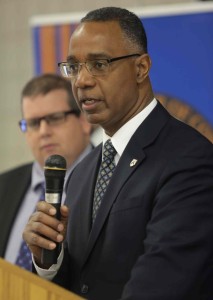
It is antiquated thinking that universities and colleges would exist in a single community and not work toward some form of common goal.
As Brandon University and Assiniboine Community College embark on new beginnings and joint programming in a handful of sectors, that sentiment should ring true.
In a labour market like this, where there is little guarantee of a degree securing a person employment, the need to adapt is key. It makes sense to have those students capable of furthering their academic pursuits doing so through university, and by that same logic it shows that students who exercise the practical pursuits of that academic knowledge through their studies at college find jobs.
Both should and could work in harmony, which is why a joint business school is an interesting concept for the city — and furthermore, why a BU economics professor’s criticism of the proposed plan doesn’t really wash.
Last week, The Brandon Sun published Prof Joe Dolecki’s open letter to his superiors, stating in somewhat salty language that they were off base in their pursuit of such an idea.
Officially, Dolecki’s issue with the proposed business school was his feeling that the proper legwork had not been done. He felt it would water down the validity of the program at the university, and that officials were trying to fast-track announcements to dip into the NDP’s pockets one last time before they are likely to turn over the purse to the Progressive Conservatives.
Malarkey.
The potential positives of outside-the-box thinking like this is frankly welcome news in a community where historically there’s been friction between our two centres of higher learning rather than harmony.
If you take into account what was said during the announcement, it clearly shows BU president Gervan Fearon and ACC president Mark Frison have been working with their teams on this for some time — and by all the outward indications, the horses appear to be pulling in the same direction. That makes Dolecki’s very public airing of grievances much more troublesome.
In the current political climate, there will be no “fast track” as was suggested by Dolecki. BU representatives told the Sun that the first students wouldn’t hit the books until at least 2017, if not later.
Secondly, the project is merely a proposal — it is not cast in stone and more importantly not funded yet. It is a commitment to look further and inquire with government about the possibility to find those synergies that could make a joint business school possible for Brandon.
There is a much larger civic piece of the puzzle at stake, too, should the college and university look to set up roots in the city’s downtown.
ACC already operates its adult collegiate in the core. If the desire was there to locate the program at a shared campus downtown, it would be the shot in the arm this city needs, both from an optics and business standpoint.
The number of vacant storefronts isn’t shrinking and larger stretches of land could become problematic should the current tenants ever move along (see The Town Centre).
A joint campus in the core area of Brandon could provide plenty of the same opportunities Winnipeg is experiencing from having Red River College and the University of Winnipeg programming delivered in the downtown district. Without a doubt, post-secondary studies bring fresh faces to the community and having them live, interact and study downtown would be, dare I say, somewhat cosmopolitan of us.
One of the biggest benefactors of that urban campus idea is the business community. People bring life to neighbourhoods and while there are plenty of instances where little glimmers of that are happening in downtown Brandon, an infusion of students and anchor tenants like the hybrid program could bolster pride in the core.
As urban satellite campuses are often accompanied by a student housing component, it might make a restart for projects such as the McKenzie Seeds building all the more important and feasible.
The sleepy burg that once saw the university and college at odds with one another is gone. Brandon needs to continue to think of itself as a growing and progressive community, education included.
If having our post-secondary facilities acting as active and engaged partners in that process means building on joint partnerships, then as the oft-used business vernacular states: “Where do we sign?”
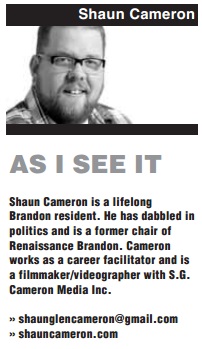
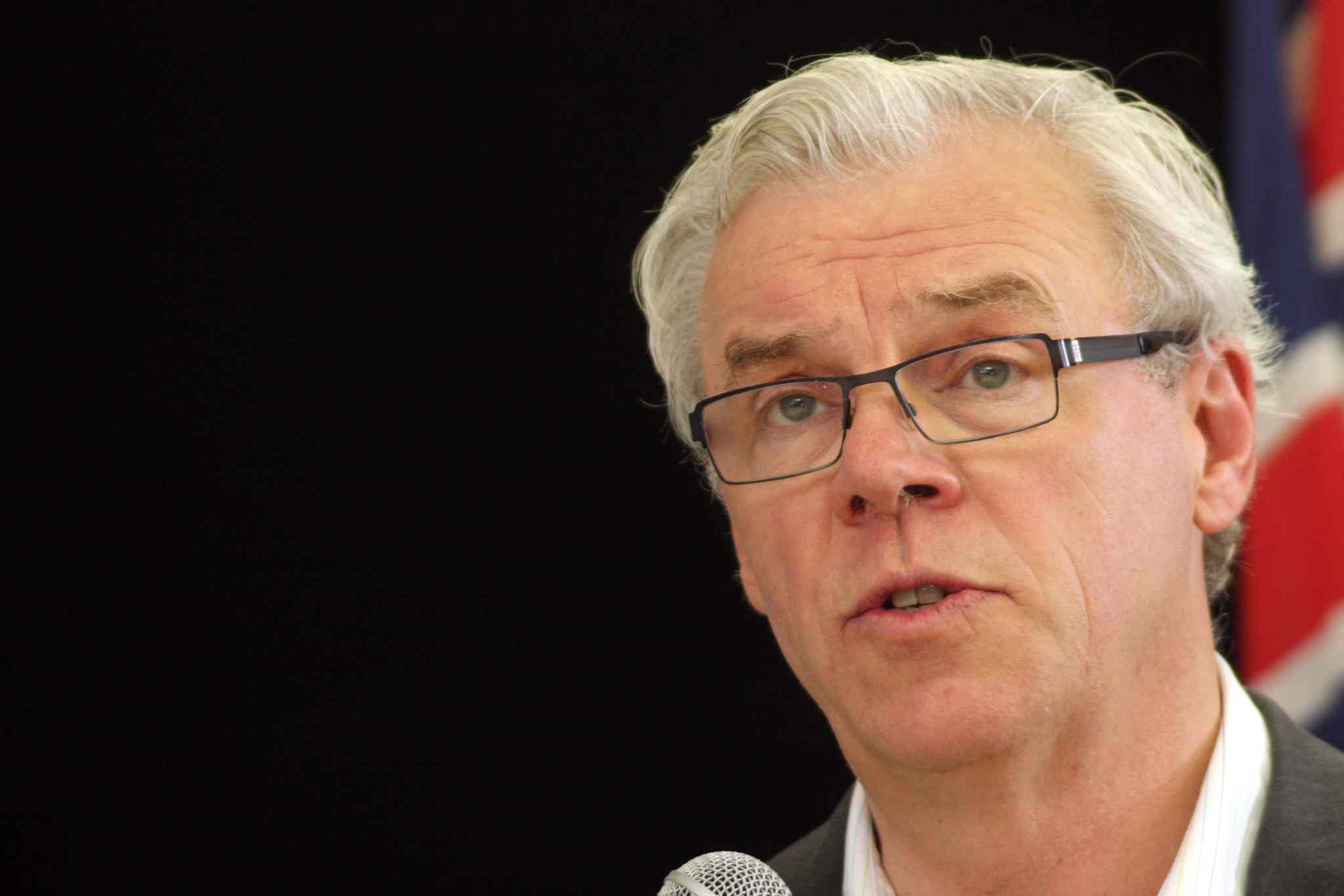

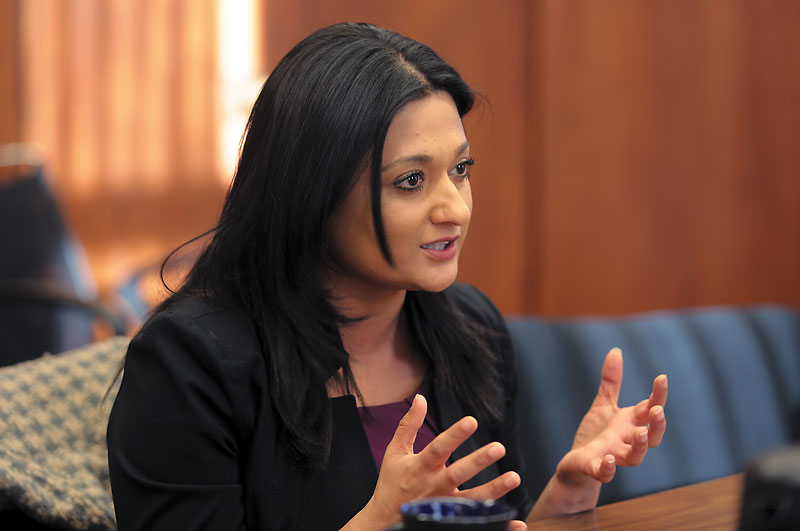
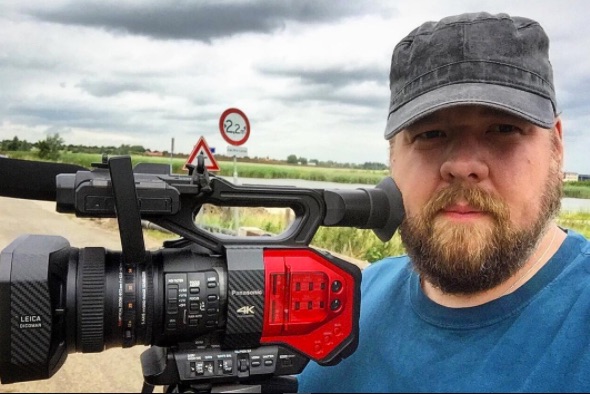
Social Profiles